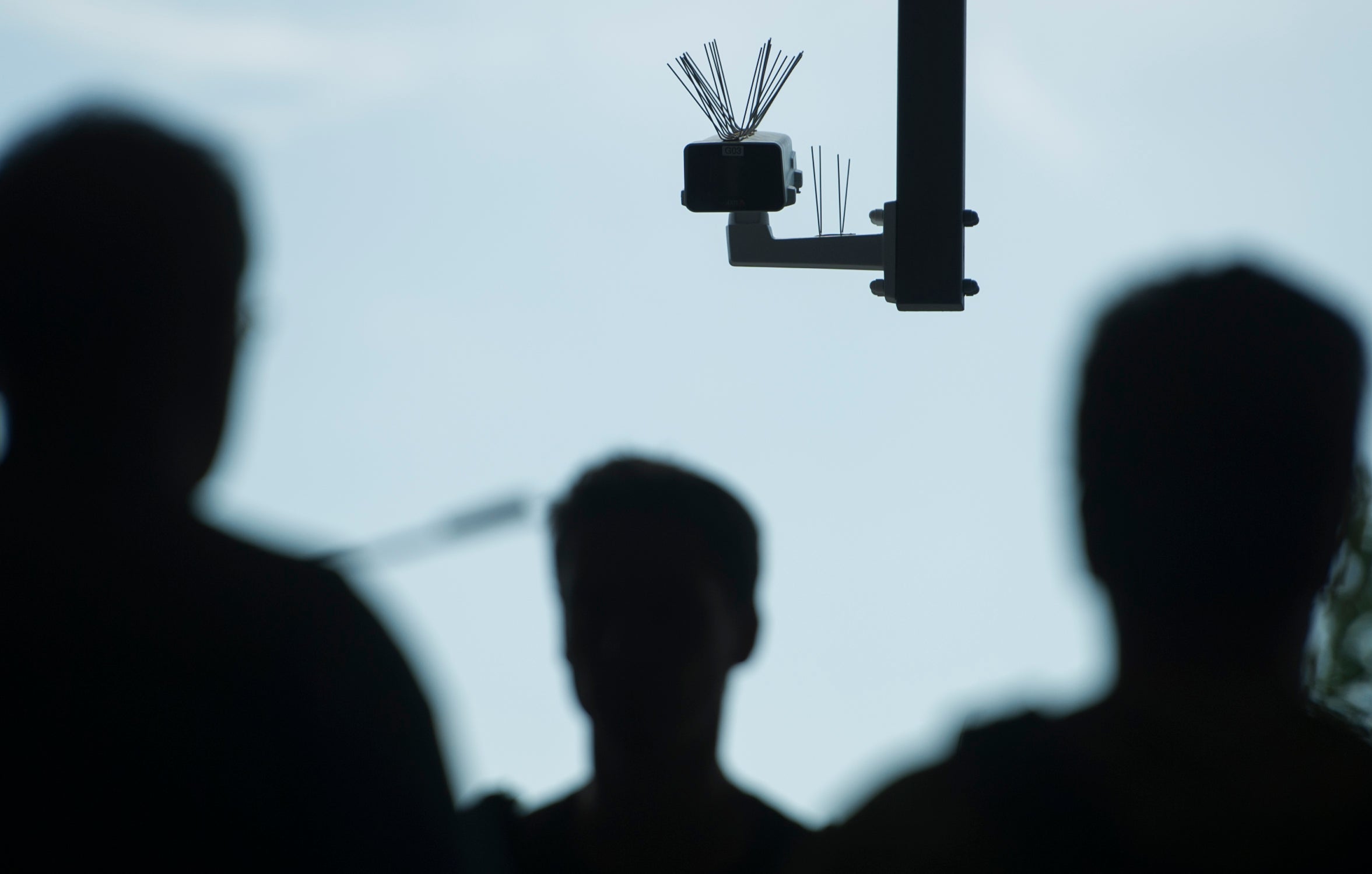Home Office ‘agreed to lobby for facial recognition use to cut shop crime’
Serious privacy concerns raised about the technology which has been deployed by some shops to help prevent theft
The Home Office has “urgent questions to answer” over reports officials agreed to lobby the privacy watchdog about the benefits of facial recognition to tackle crime in shops and supermarkets.
The Observer reported on a meeting in March between policing minister Chris Philip, Home Office officials and Facewatch, a firm that describes itself as the UK’s leading facial recognition retail security company.
Critics and campaigners have raised serious privacy concerns about such technology, which has been deployed by some retailers to help prevent theft and other crimes.
Minutes of the meeting, obtained by civil liberties campaigners Big Brother Watch through a freedom of information request and seen by The Observer, show that as part of an agreed action plan officials would “draft a letter to ICO setting out the effects of retail crime”.
The Information Commissioner’s Office is an independent watchdog for data protection and personal information.
The paper reports that Mr Philp would also “consider a speech to bring the benefits of FR [facial recognition] to the fore”.
The junior minister also told the firm during the meeting “that the ICO are independent and he can’t attempt to change their rulings or opinion”.
Mark Johnson, advocacy manager at Big Brother Watch, said that the details of the meeting made for “uncomfortable reading”.
“The Home Office must urgently answer questions about this meeting, which appears to have led officials to lean on the ICO in order to favour a firm that sells highly invasive facial recognition technology.
“Live facial recognition is an authoritarian mass surveillance tool that turns the public into walking ID cards,” he said.
Mr Johnson added: “When used in retail settings, these face-scanning systems work by adding customers to secret watchlists with no due process, meaning people can be blacklisted and denied the opportunity to enter shops despite being entirely innocent.
“This may sound like something from an episode of Black Mirror but it is happening in Britain today.
“Government ministers should strive to protect human rights, not cosy up to private companies whose products pose serious threats to civil liberties in the UK.”

Mr Johnson said that the UK should follow the lead of Brussels, which has seen the EU move to ban facial recognition technology in public spaces.
The Home Office said that facial recognition technologies could be beneficial.
A spokeswoman said: “Shops are at the heart of our communities and it is important that businesses are free to trade without fear of crime or disorder.
“That is why we continue to work closely with retail businesses, security representatives, trade associations and policing to ensure our response to retail crime is as robust as it can be.
“New technologies, like facial recognition, can help businesses to protect their customers, staff and stock by actively managing shoplifting and crime.”



Bookmark popover
Removed from bookmarks